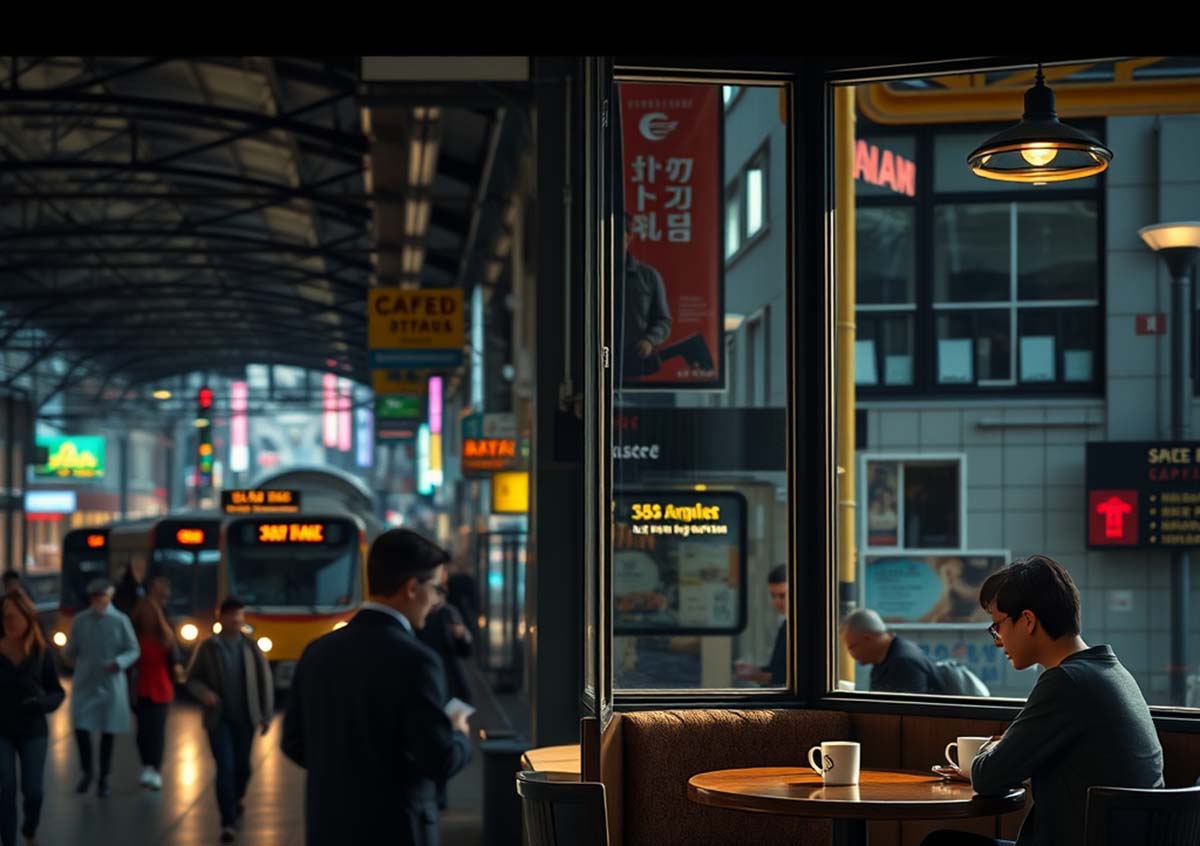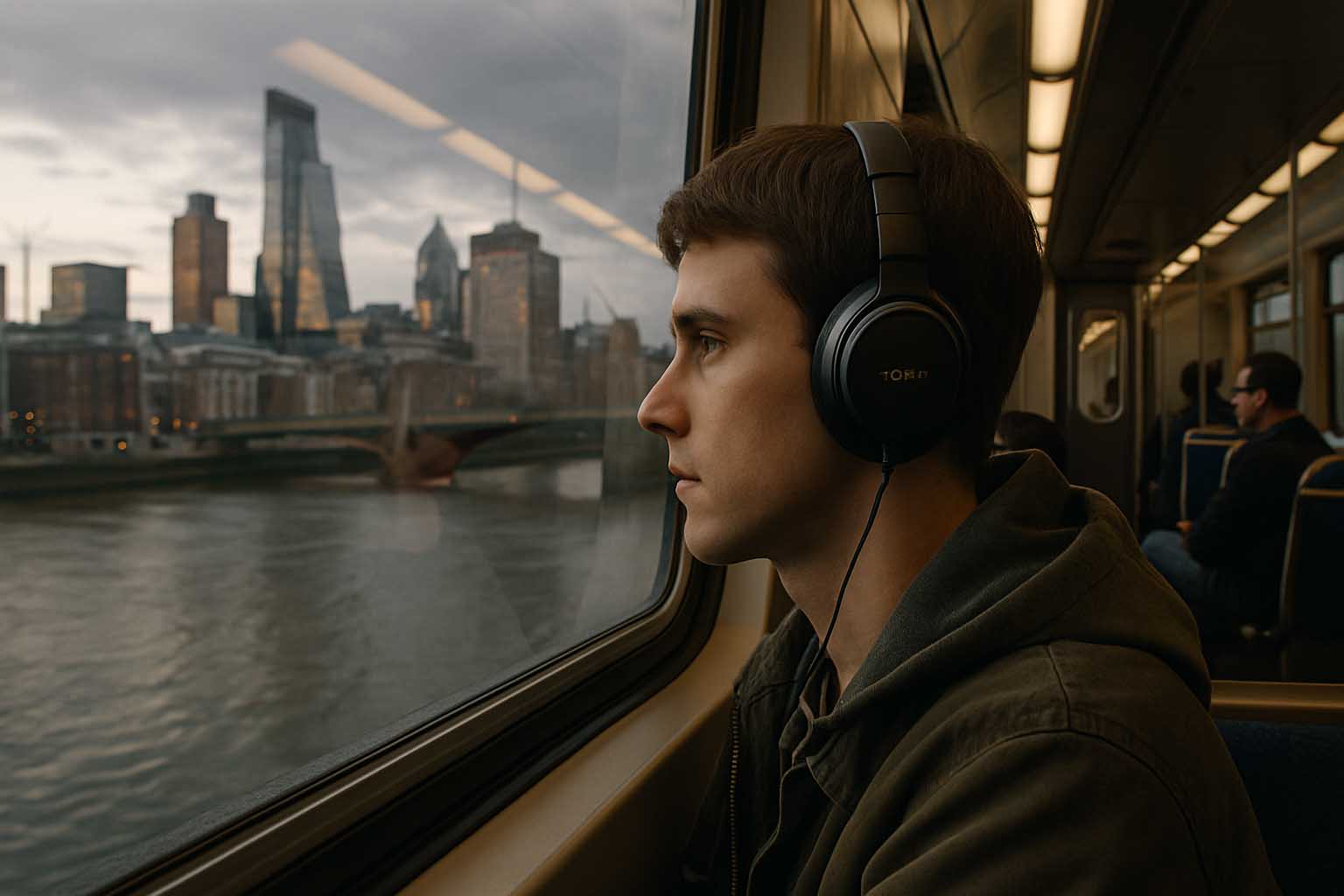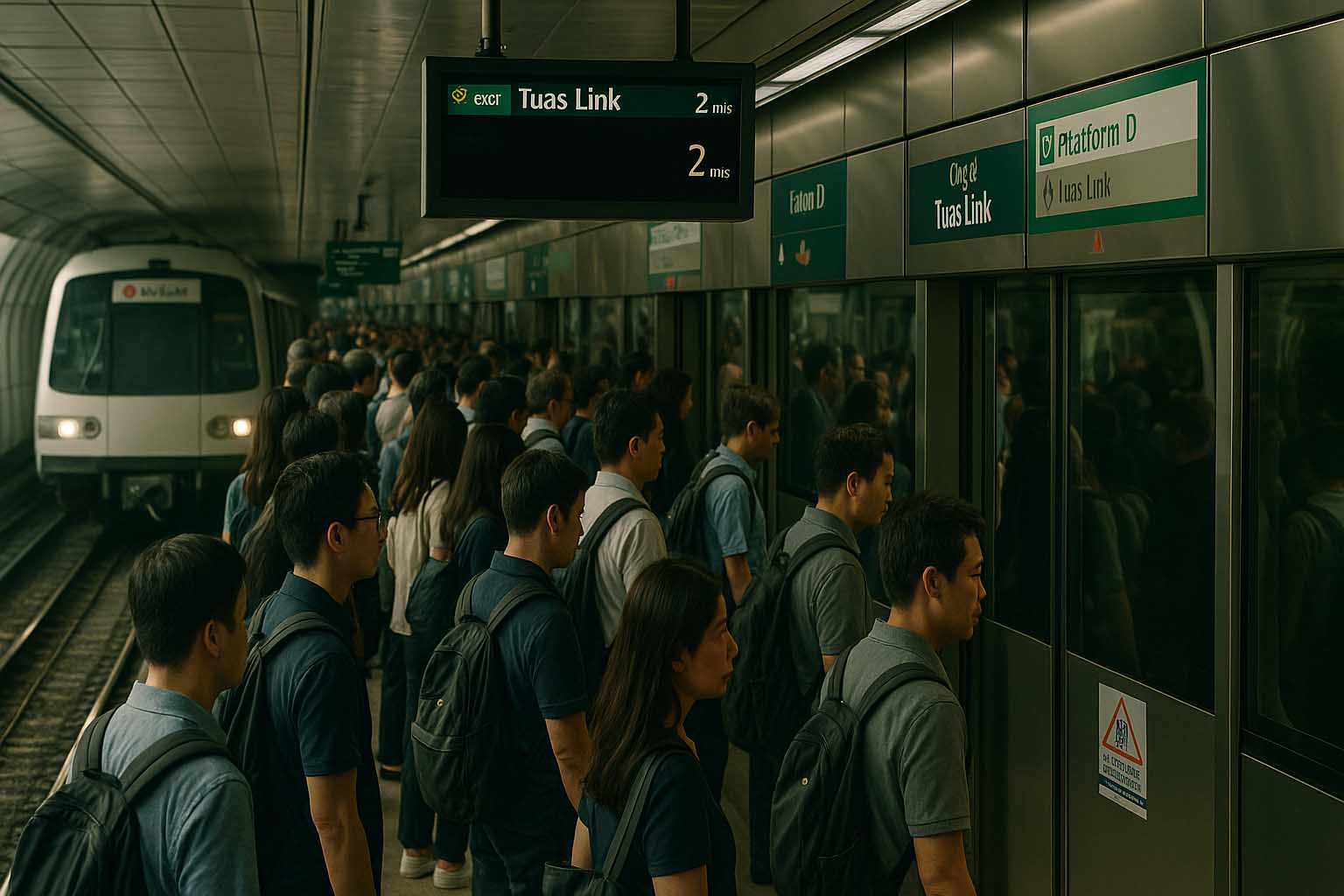Why Silence Feels Different in a Loud, Busy Place
City life can feel like a whirlwind. Crowds move fast, vehicles fill the air with noise, and screens demand constant attention. In the middle of all that, even a short pause can offer an unusual kind of relief. Many city dwellers notice that moments of quiet feel more refreshing than hours spent relaxing at home. Why is that? And how can we make more space for stillness, even in noisy environments?
The Powerful Effect of a Quiet Moment
People living in places like Singapore, Tokyo, and New York often share the same experience: silence feels deeper when it shows up in a noisy setting. Picture a bustling train station or a loud airport. Then, suddenly, you walk into a quiet café tucked away from the crowd. Your breathing slows. The noise in your head fades. You feel like you can finally think.
This reaction isn’t just emotional—it’s physical. The brain constantly adjusts to its surroundings. When it becomes used to nonstop sound, it reacts more strongly when that noise disappears. This shift creates space for calm and reflection. That contrast makes silence more noticeable and, often, more welcome.
How Quiet Supports the Mind
Busy surroundings can take a toll on mental health. Noise and distraction are common triggers for stress, and over time, they lead to mental fatigue. That’s why even a few minutes in a quiet setting can bring such noticeable relief. You step away from the chaos, and your mind gets the chance to reset.
According to several studies, silence can boost focus and help spark creative ideas. In a peaceful moment, the brain is free to wander without interruption. This freedom encourages better problem-solving and deeper thinking. In short, quiet helps you do more by asking less from your senses.
In many urban settings, people don’t realize how much noise affects them—until they experience the opposite. That’s when the real value of silence becomes clear.
Calm Spaces Around the World
Cultures across the globe have long recognized the value of peaceful environments. In Japan, Zen gardens offer a calm space amid the hustle of everyday life. These gardens are often small but powerful. Their design encourages reflection and quiet observation.
In parts of Scandinavia, nature plays a key role in daily well-being. Many residents escape the city on weekends to spend time near lakes or forests. These escapes help people feel grounded and refreshed, even after just a day or two.
At work, the idea of quiet spaces is becoming more popular. Some companies now include rooms where employees can pause, rest, or simply take a few deep breaths. As a result, staff often return to their tasks with more energy and focus.
Staying Centered in a Tech-Filled World
Technology brings convenience—but it also adds to the noise. Notifications, messages, and alerts grab attention all day long. Despite this, quiet isn’t impossible to find. In fact, some tools are designed to support moments of stillness.
Apps focused on mindfulness offer guided breathing sessions or timed breaks. Others use soft background sounds, like waves or wind, to help users focus. Noise-canceling headphones are another helpful option. They create a private space, even in the middle of a crowded train or café.
Still, many people turn to nature for deeper relief. A walk through a park or sitting under a tree can restore peace, even if only briefly. Green spaces remain some of the most effective ways to step back from a busy day.
One Person’s Quiet Reset
A traveler once shared her experience during a long layover. Instead of staying in the busy terminal, she found a quiet café nearby. She left her phone in her bag, skipped the background music, and pulled out a book. For the first time that day, she felt calm. Just thirty minutes made a big difference. She boarded her next flight feeling lighter and more focused.
Habits That Build More Quiet into Daily Life
Plan short breaks: Set aside 10 minutes daily with no devices or noise.
Use gentle sound alternatives: Rain or wind recordings can block traffic noise.
Pause before starting your day: Give yourself a few quiet moments before checking messages.
These habits are easy to follow and support long-term emotional balance.
Silence and Physical Wellness
Stillness benefits the body as well as the mind. Researchers have found that moments of quiet can lower stress hormones. With less tension in the body, things like blood pressure, digestion, and immune function may improve. It also becomes easier to sleep well when the mind is calm at the end of the day.
Instead of pushing through tiredness, these quiet moments give your system time to reset. They work like short breaks that allow energy to rebuild naturally. This small change can make a big impact on how you feel overall.
How It Helps with Connection
Peaceful breaks don’t just help individuals—they improve relationships too. When your mind is calm, it’s easier to listen, understand, and respond thoughtfully. This matters in all kinds of connections, from family to friends to colleagues.
Calmness also increases patience. When you’re less reactive, it’s easier to stay focused on what really matters in a conversation. This can reduce conflict and help build trust.
Silence as a Cultural Practice
In some parts of Europe, towns set official “quiet hours” each day. These periods are meant to give everyone a break from daily noise. They aren’t just about rules—they’re about respect and community care.
Other regions include silent practices in their spiritual life. Whether it’s through prayer, reflection, or quiet sitting, these habits encourage people to slow down and reconnect with themselves.
The Bigger Impact in Loud Places
Stillness has value anywhere. But in areas packed with people, traffic, and nonstop activity, silence can feel even more powerful. It’s like stepping out of a loud concert into fresh air—your senses come alive in a new way.
This contrast gives your brain the space to rest. You begin to hear your own thoughts again. That pause can make the rest of the day feel more manageable, even if nothing else changes.
Simple Adjustments That Make a Difference
- Create a calm corner at home: A quiet seat by the window or a favorite chair can become a peaceful zone.
- Visit underused public areas: Libraries, smaller parks, and gardens often stay quiet even during busy times.
- Eat without distractions: Turn off devices and avoid multitasking while you eat. Focus on flavors and the act of eating.
These small shifts support mental and emotional well-being over time.
Caring for Environment and Inner Peace
As cities grow, noise and pollution often increase. But this has also raised awareness about the need for quiet zones and green spaces. More urban planners now include parks and tree-lined areas in their designs. These changes help people feel less overwhelmed and more connected to their surroundings.
Protecting the environment supports personal wellness too. When people value nature, they also value quiet. This shared priority leads to healthier cities and stronger communities.
Silence Supports Mental Health
Mental wellness is now a global conversation, and silence plays an essential role in that dialogue. People dealing with stress or anxiety often find relief in moments of calm. These breaks reduce emotional overload and give the mind a chance to reset.
One simple approach is taking a “tech timeout.” This doesn’t mean cutting out screens entirely. Instead, it means stepping away for short periods to focus on rest, breathing, or just being still.
Reconnecting with Yourself
Silence creates space to notice your own thoughts. Without background noise, it becomes easier to hear what your body and emotions are saying. You might realize you’re tired, overwhelmed, or simply need a change of pace.
These insights often don’t come during busy moments. They show up when everything else quiets down. That’s why silence matters—not just for calm but for clarity.
You Don’t Need a Perfect Setup
Some believe you need a mountain cabin or luxury retreat to find real peace. That’s not true. Even in crowded places, silence can be part of your day. It starts with simple choices—stepping away from screens, walking outside without earbuds, or sitting quietly before bedtime.
These practices don’t cost anything. Yet they add a lasting sense of balance and strength to your routine.
A Moment That Matters
In the middle of a loud, active world, silence stands out. It doesn’t demand attention—it offers a chance to pause and breathe. Whether you’re in a bustling city or a crowded workplace, these quiet moments remind you to care for yourself.
They don’t need to be long. They don’t need to be perfect. But they do need to be yours.











Leave a Reply